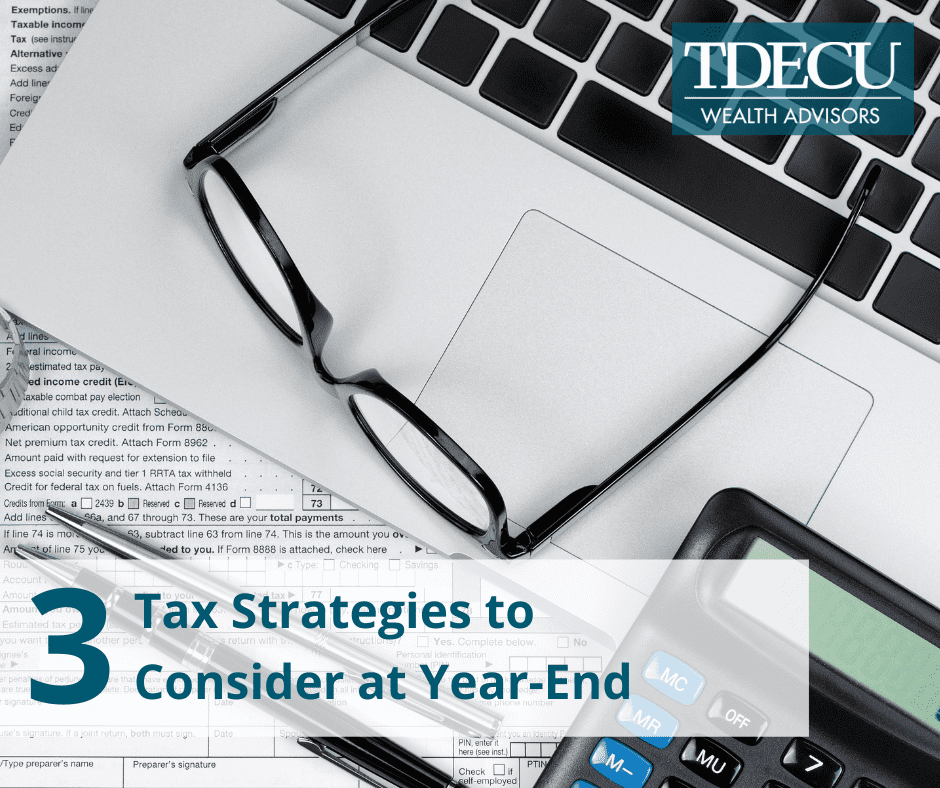With the year rapidly coming to a close, and the upcoming tax year looming with uncertainties, you should consider updating your tax strategy to best preserve your assets into the future. Don't wait to make these adjustments. Check out some of the tax strategies below and then reach out to your financial professional now so you’re prepared for any potential tax changes in the New Year.
Charitable Donations
The 2018 changes to the tax code for charitable contributions raised deduction limits on cash contributions to eligible charities from 50% to 60% of the filer's Adjusted Gross Income (AGI). Pease limitations were also repealed, which had previously put a cap on the number of charitable deductions high-income taxpayers were allowed to take. Under these current rules, you have the opportunity to make sizable tax-free transfers into a charitable lead annuity trust. Plus, if you are over the age of 70.5, you can avoid income tax on up to $100,000 annually by making a charitable donation of this amount from your traditional IRA.
Benefits for LLCs
If you’re a business owner, you may consider forming an LLC. Under the current tax laws, there is a 20% deduction for business income for pass-through entities. C-Corp businesses, on the other hand, can’t take advantage of this deduction, and actually end up paying double-taxes: corporate business tax and personal income tax. LLC formation eliminates this double-taxation, allowing you to keep more of your earnings in most cases.
Converting to a Roth IRA
Now may be the time to consider converting your traditional IRAs and 401ks to Roth IRAs. Roth IRA accounts are designed to grow tax-free. While the initial funds placed into the account are taxable, you will avoid the inflated tax cost that comes when claiming the withdrawals on personal tax returns after the funds have grown well past their initial investment. This means you will be able to pay taxes on the smaller portion going in now. With current tax rates favorable to those with high incomes, now could be an ideal time to make the switch.
Consider implementing some of the tax strategies mentioned above to take advantage of the current tax laws that may work in your favor. If you are looking to create your own personalized tax strategy for the upcoming year, we can help you research, understand, and begin to implement the changes you need.
Important Disclosures:
The opinions voiced in this material are for general information only and are not intended to provide specific advice or recommendations for any individual. To determine which investment(s) may be appropriate for you, consult your financial professional prior to investing. All performance referenced is historical and is no guarantee of future results. All indices are unmanaged and cannot be invested into directly.
The information provided is not intended to be a substitute for specific individualized tax planning or legal advice. We suggest that you consult with a qualified tax or legal advisor.
LPL Financial Representatives offer access to Trust Services through The Private Trust Company N.A., an affiliate of LPL Financial.
--
Sources: https://www.thebalance.com/high-net-worth-tax-planning-strategies-4161014
Content Provider: WriterAccess
LPL Tracking 1-05076275
